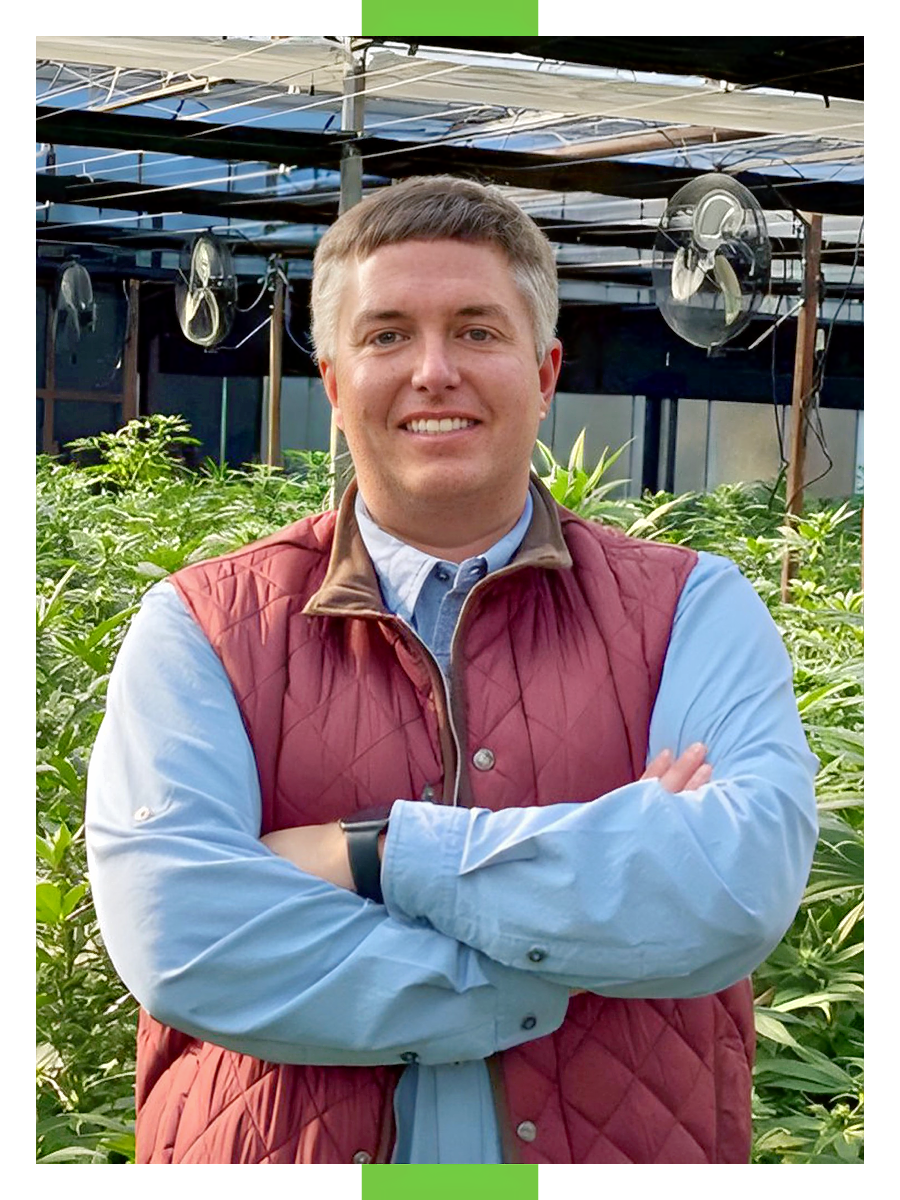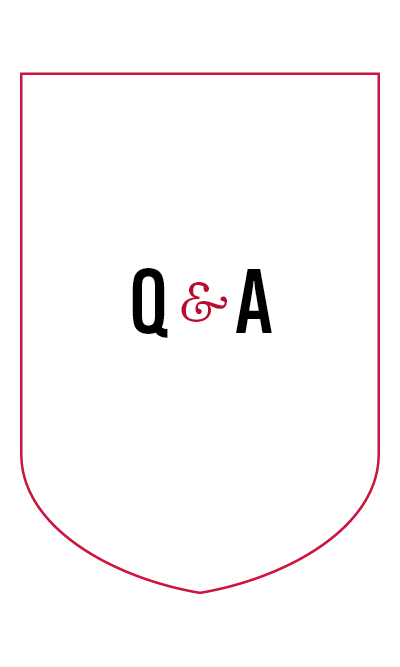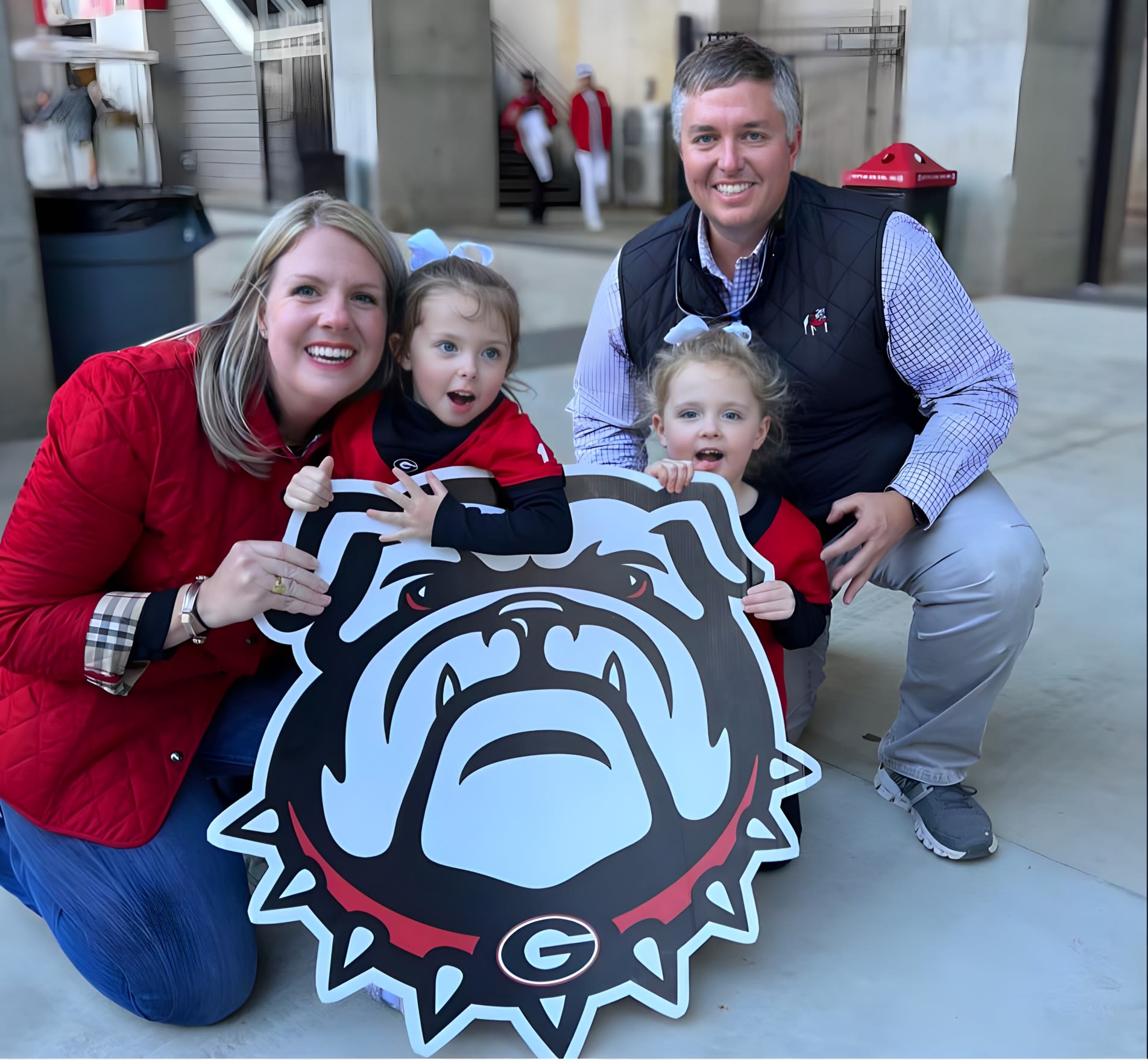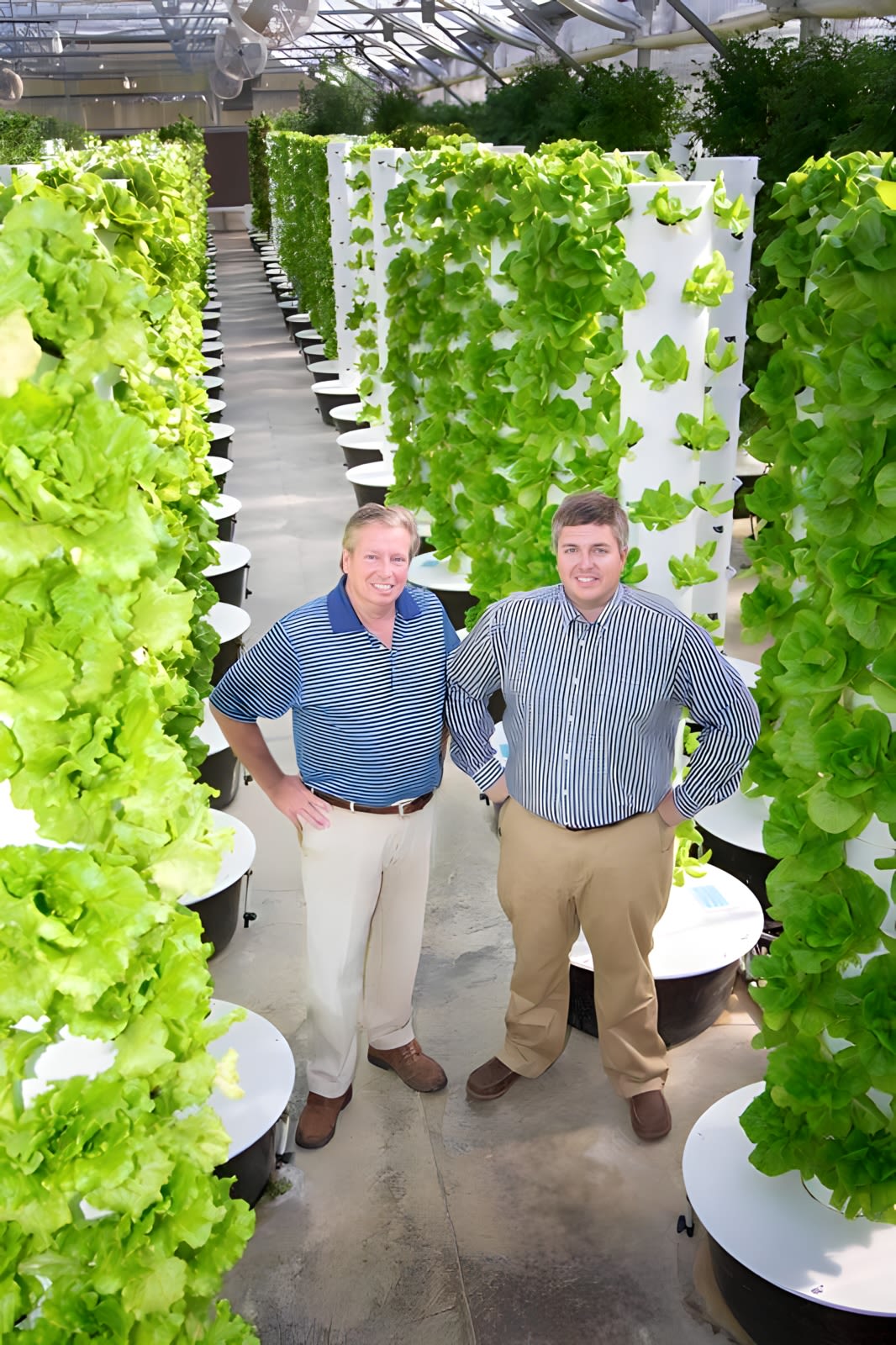Phil Jennings IV
Phil Jennings is co-owner of The Jennings Group, a collection of agribusinesses in Georgia and Canada that focus on fruit and vegetable production, hemp, row crops, turf, timber, real estate, hunting and land management.
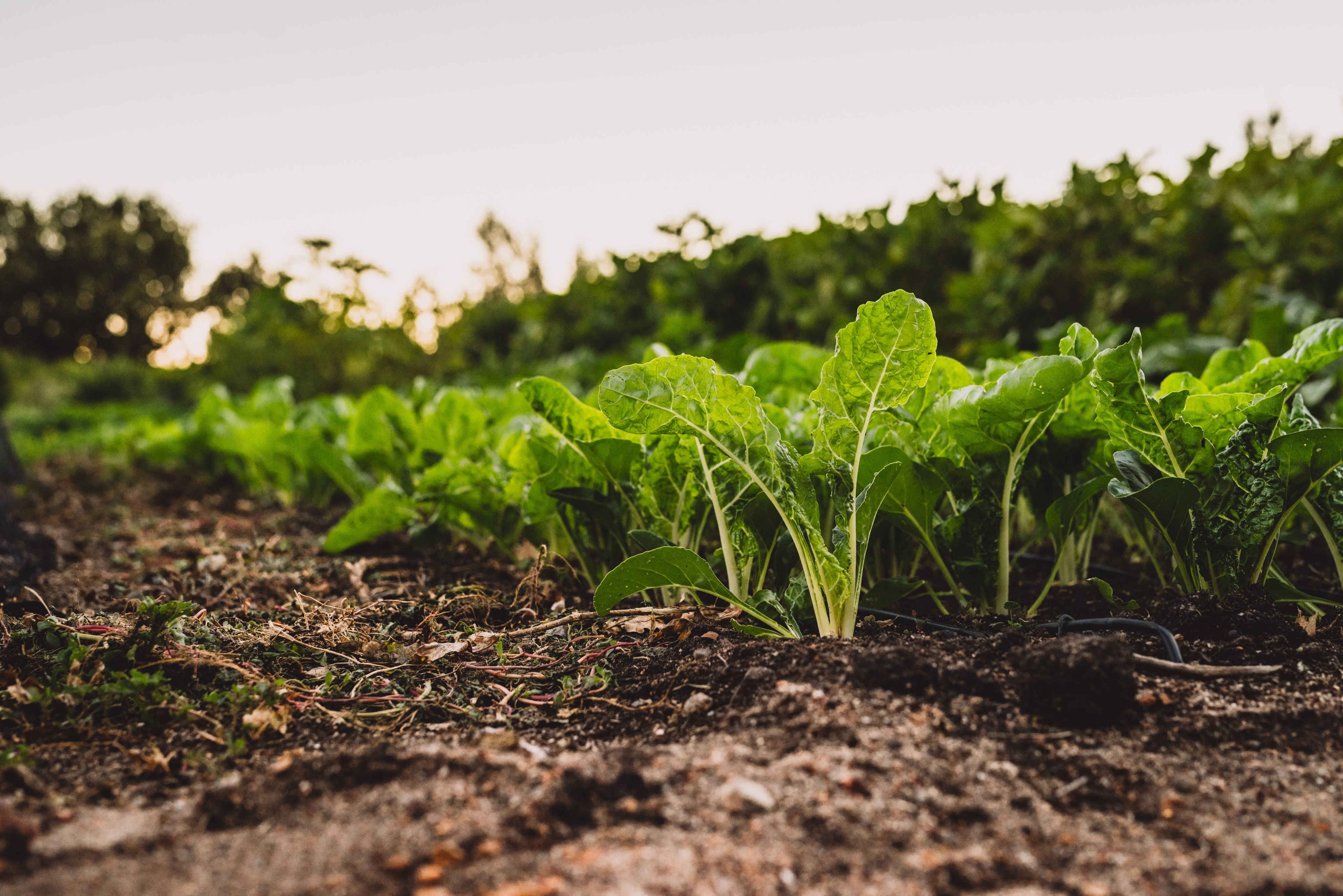
How did you become interested in the agricultural and/or environmental sciences sector?
I have been interested in this space since I was a child.
I am an 11th-generation farmer and therefore it has always felt like it was just a part of my DNA to go into this field.
Jennings and his family cheer on the Dawgs at Sanford Stadium.
Jennings and his family cheer on the Dawgs at Sanford Stadium.
How would you explain your career path to students or alumni who are just now entering the workforce?
It was easy for me to slip right into agriculture because of my family background. I could have played it safe and gone to a solid staple company in the industry, but I decided to come back to the family operation, which is full of unique challenges.
For new people looking forward to this career path, I would say find the sector that fits you best. There are so many facets to agricultural and environmental spaces that there is literally something for everyone.
Don’t be afraid to take chances, work within niche industries, and always be willing to travel for some of the coolest experiences.
Where do you see your industry in the next
10 years? What will be some of the
greatest challenges and opportunities?
With the jump that I have seen in the ag sector across all fields in the last decade, it is hard to really grasp where the industry will be.
I do believe that we will see major improvements in robotics and other forms of autonomous equipment as labor still continues to be one of the biggest issues. Labor, water and governmental overreach are some of the biggest challenges that I think we will continue to see.
I feel like the carbon capture market and the ag technology fields are the two biggest opportunity areas.
How do you continue to give back to the community?
We have recently launched a scholarship endowment with a focus on kids from more rural areas of Georgia to be admitted into CAES.
We also team up with nonprofits for conservation work and education.
Why do you think it is important to work with CAES and UGA Extension?
Throughout the years, I have had many interactions with county Extension agents, researchers, and professors.
The way the CAES network has these individuals together really gives Georgia producers a leg up on our competition and I am grateful for the relationships that I have been able to make before, during and after my days on South Campus.
It also can’t be said enough how that relationship can be a two-way street, and that I find that many of those CAES individuals that I have worked with are always open to feedback and on-farm experiences that they do not know as well in their particular discipline.
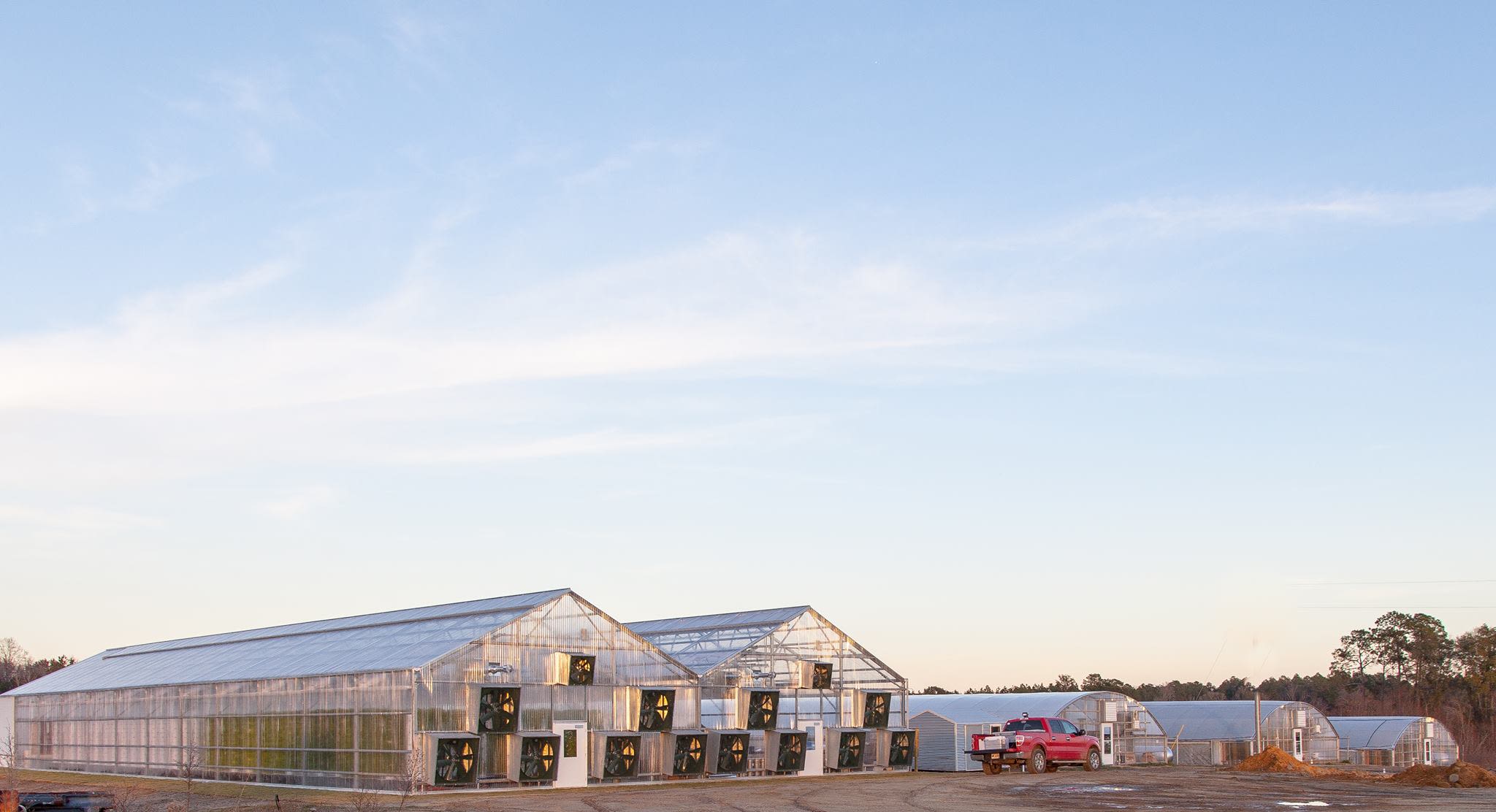
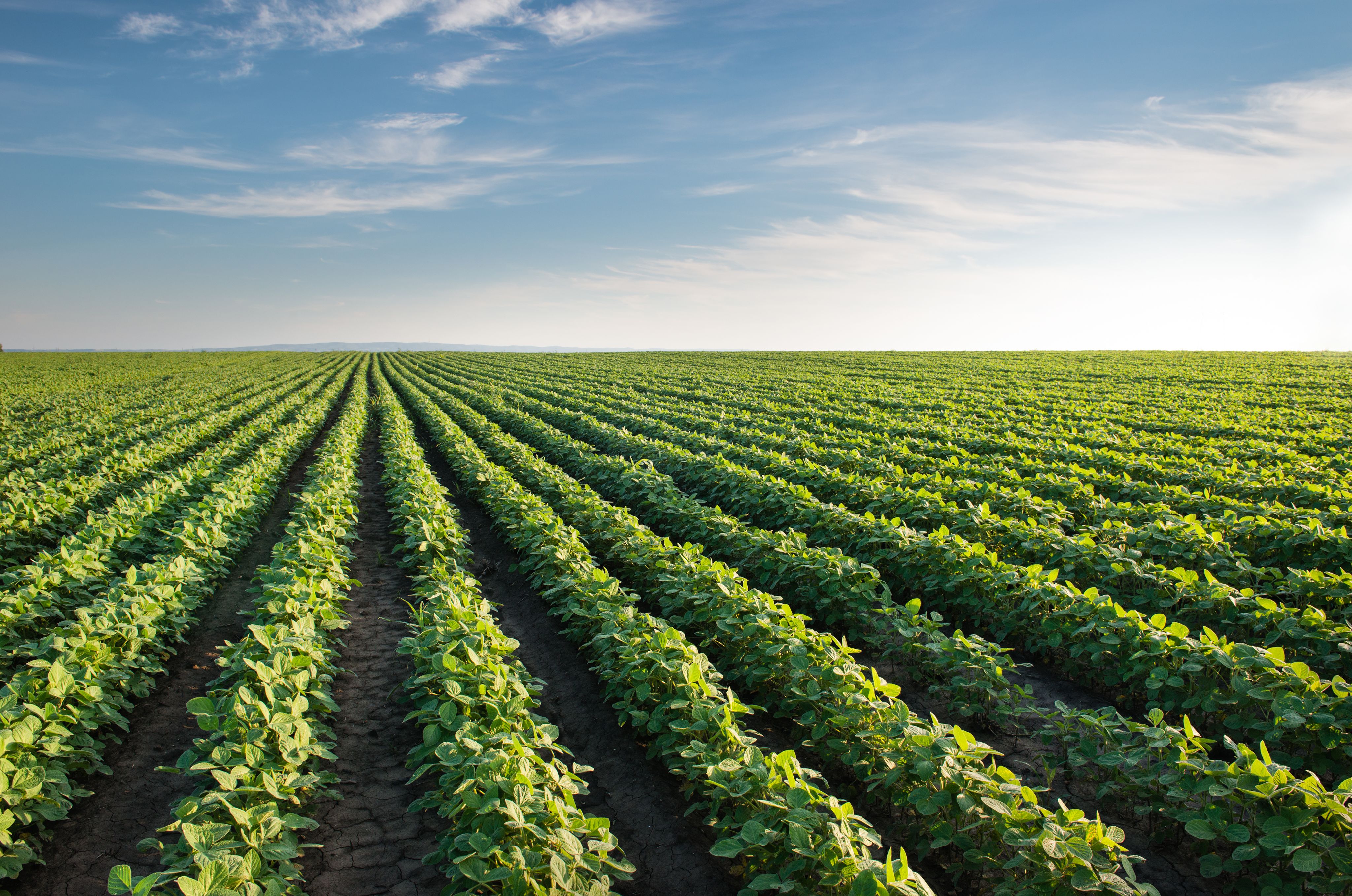
If you could go back in time, what are words of advice you would give to yourself when you were in college?
Be more decisive in your decision-making.
I found that throughout the years that even when I would make a mistake or a wrong decision, it really helped me understand the “why” instead of pondering for too long to attempt to get it right and never having the understanding behind it.

